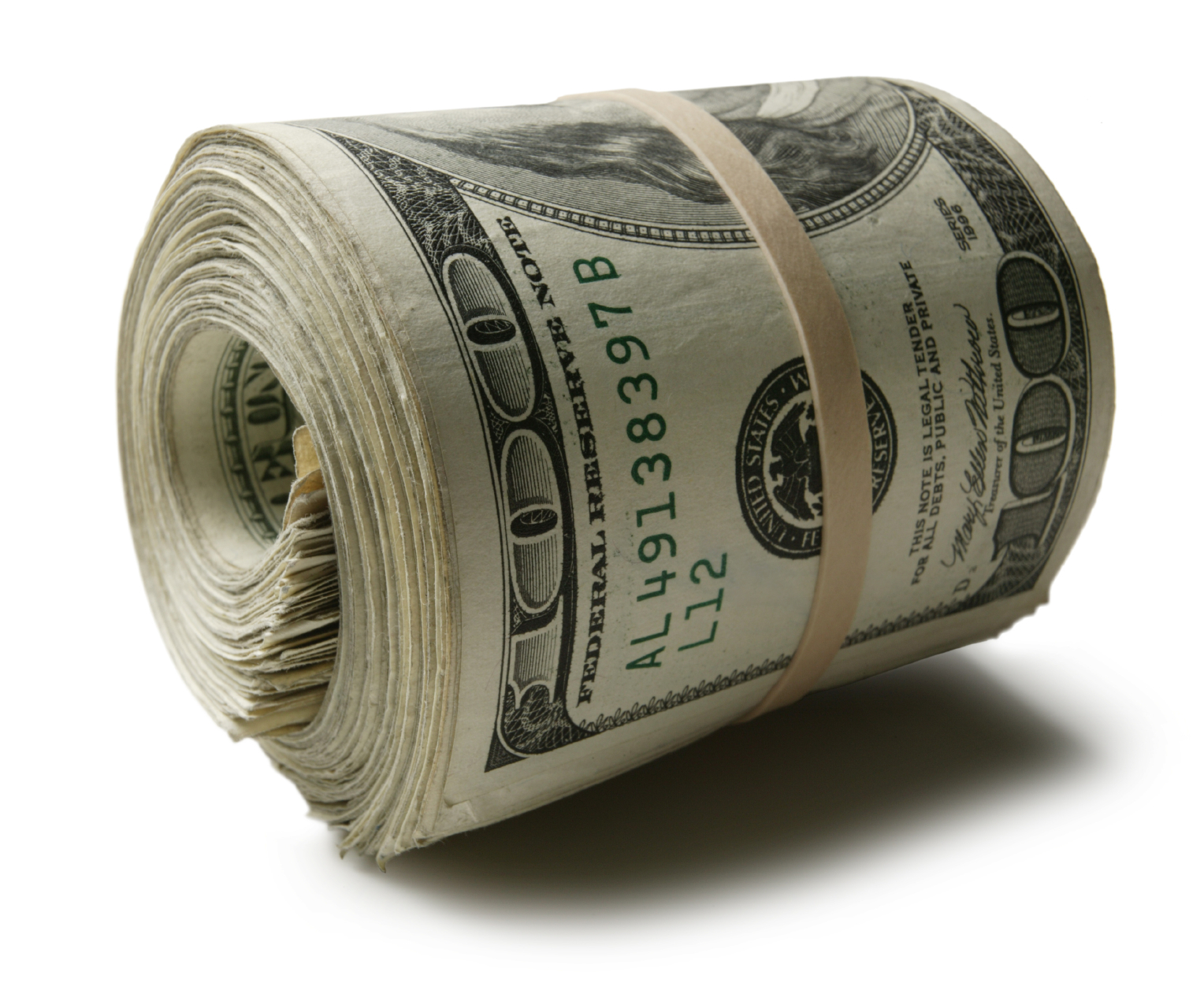The dollar bulls appeared to take a siesta on Monday morning, which resulted in the greenback weakening against its main counterparts during European trading. By the time the US session commenced, however, the dollar bulls decided to wake up and not only reversed earlier losses, but also pushed the S&P 500 to a new milestone high (2038.07). As to why there was such a contrast between the two different trading sessions on Monday, it is likely connected to investors taking some time in the morning to consider taking profit and closing dollar positions.
The dollar strength signalled a sell-off in precious metals with gold tumbling back down to $1147 as Monday concluded. Federal Reserve Chair Janet Yellen said last Friday that supportive policy is still needed and this impacted the gold price with the precious metal opening at $1177 on Monday. This subsequently provides further indication as to why the break below $1180 was such a critical blow for the gold bulls and set up the next leg lower towards $1100. $1180 will now be seen as major resistance and gold’s failure to meet that level on Friday afternoon signifies that the downside potential looms for the metal.
Prior to the dollar recovering losses, Brent Oil appreciated to its highest in a week ($84.96) but there seems to be a difference in opinion as to the reasoning behind the oil spike. On one hand, the resurfacing of the geo-political conflict in Eastern Europe was perceived as the primary reason, while others looked at the improved China export data on Sunday evening. I am siding with the latter because I feel fears over global economic growth also contributed towards Brent Oil plummeting by $20 since early September. There remains high concern over an oversupply of oil in the markets and it would require the conflict in Libya to continue elevating before we can put this theory to the test. In the meantime, oil has already dropped to $81.23 this morning.
After making an attempt to rally around 1.25 on Monday morning, the Eurodollar pulled all the way to close at 1.2412. The primary reason that the Eurodollar fell on Monday followed poor inflation data from Greece. Compared to September’s annualised -0.8% deflation, optimism was high that Greek inflation levels would improve in October. The opposite occurred and annualised CPI was announced at a deflationary -1.7%. The worrying inflation data in Greece just raised further suspicions that the ECB will be forced into taking further action, with some even expecting more stimulus to be announced in December.
Advertisement
Already this morning, the Eurodollar is teasing re-entering 1.23 and as long as investors do not decide to depart from the dollar, the downside potential this week is strong. More inflation figures are set to be released from Germany on Thursday morning, but the main event this week is Friday’s GDP figures. There are many unanswered questions surrounding the EU economy at present, with speculation Germany may be entering a recession and that the Eurozone is facing stagnant economic growth. Answers to these issues should be provided on Friday and these figures will likely be the main catalyst behind whether the ECB acts again in December.
The cable closed 40 pips lower (1.5841) with investors showing some caution regarding purchasing the sterling before Wednesday’s highly anticipated Bank of England (BoE) Inflation Report. Unless Governor Carney excites the bulls with an unexpectedly hawkish comment tomorrow, the downside risks are also strong for the cable. It was during August’s inflation report that a surprisingly dovish Carney put optimism to bed that the BoE would raise rates in 2014. Since then, the cable nosedived from 1.71 to as low as 1.57. In recent weeks, UK inflation (1.2%) has fallen far away from the BoE’s 2% threshold target and when you combine that with further indications of a loss of economic momentum, it’s more likely that the GBPUSD will re-test entering 1.57.
*Ahmad is chief market analyst at FXTM.
Advertisement






